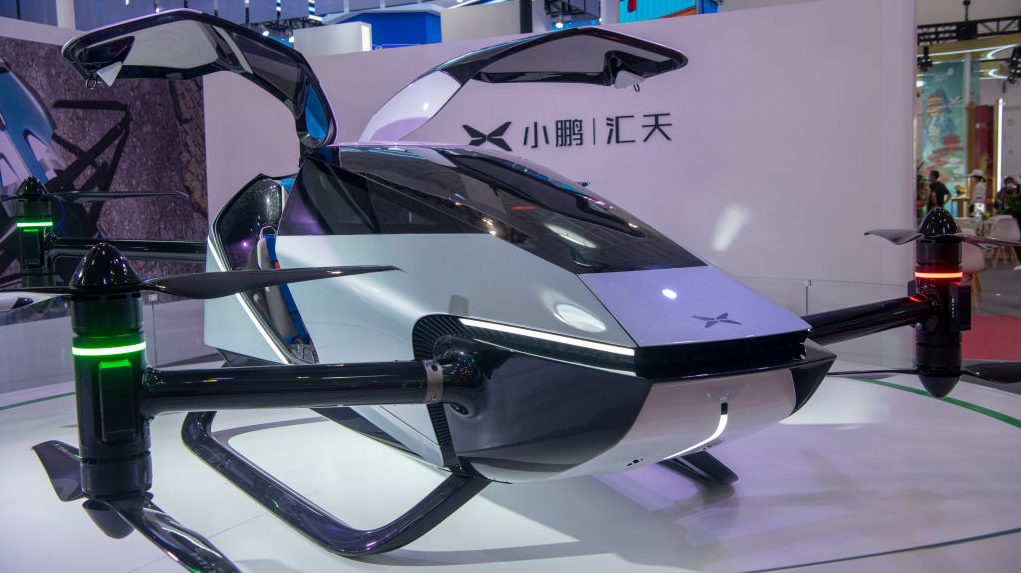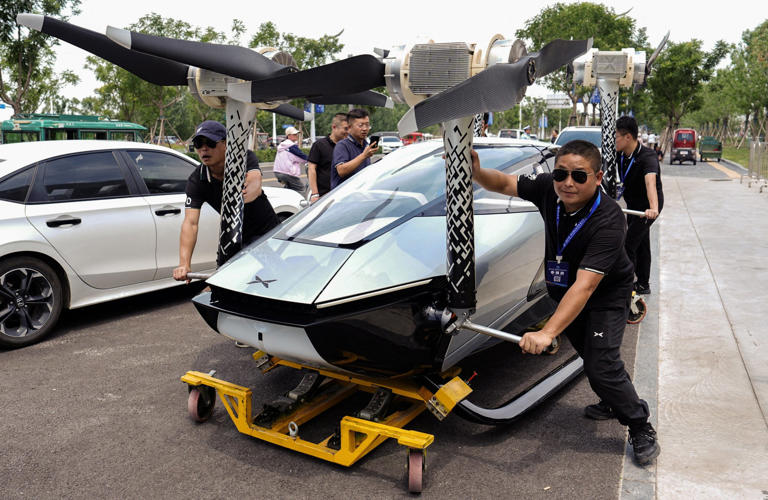
AeroHT, the flying car affiliate of Chinese EV maker Xpeng, has secured $150 million in its latest financing round. The funding aims to accelerate the commercialisation of its $200,000 flying vehicle.
Controlled by Xpeng co-founder and CEO He Xiaopeng, AeroHT plans to use the proceeds from the Series B1 funding round to build an advanced production line in Guangzhou, the company’s home city. This investment is expected to strengthen the company’s research and development efforts, aiming for mass production and speeding up the commercialisation process.
Although AeroHT did not disclose the names of the investors, the announcement follows the recent disclosure of the vehicle’s $200,000 price tag. Pre-orders are expected to begin in the fourth quarter of this year.
Wang Tan, co-founder and chief designer of AeroHT, stated at the China Conference on July 4 that the company targets sales of 5,000 units within the next two years. This follows AeroHT’s 2021 financing round, which netted $500 million from investors including IDG Capital, 5Y Capital, Sequoia Capital, and GGV Capital. This round marked the largest investment deal involving low-altitude air travel in Asia.
The low-altitude economy refers to businesses operating aerial vehicles below 1,000 meters in altitude. In 2021, Beijing introduced policies to support this emerging sector. eVTOL (electric vertical take-off and landing) vehicles, like AeroHT’s flying cars, aim to offer an alternative to public transport, helping passengers avoid traffic congestion.
Currently, most low-altitude air travel businesses are targeting corporate clients as they develop safe, next-generation flying cars. AeroHT also aims to cater to individual clients.

“Overcapacity worries in the EV sector benefit leading low-altitude-economy air travel firms as venture capitalists hunt for promising start-ups that represent the future of mobility,” said Yin Ran, an angel investor in Shanghai. “Top players must make their flying cars more affordable to customers to foster the growth of this new transport mode.”
In March, Beijing designated Guangzhou as a base for the eVTOL industry. Nansha, a district in Guangzhou, was chosen to develop a citywide management system for drones and industry standards for the low-altitude economy, according to the National Development and Reform Commission.
In April, AeroHT signed a preliminary agreement with the district government of Panyu, another part of Guangzhou, to jointly construct take-off and landing sites for flying cars.
Globally, several start-ups are developing flying cars, anticipating a future where mobility includes airborne options. In 2021, German company Lilium raised $830 million through a special-purpose acquisition company (SPAC) deal on the Nasdaq stock exchange, and American air taxi start-up Joby raised $1.6 billion in another SPAC deal.
Featured Image courtesy of The Media Line
Follow us for more updates on Xpeng.
